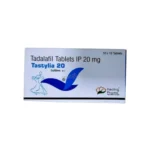
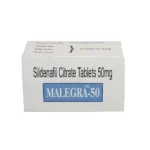
Vardejuv 20mg Vardenafil Tablets
$110.00 – $270.00Price range: $110.00 through $270.00
| Tablet | Price | Price/unit | Quantity | Add To Cart |
|---|---|---|---|---|
| 100 Tablets | $110.00 | $1.10 /unit | ||
| 200 Tablets | $200.00 | $1.00 /unit | ||
| 300 Tablets | $270.00 | $0.90 /unit |
Want to order in bulk / B2B price ?
Ask Price / Request a QuoteWhat is Vardejuv 20mg Vardenafil?
Vardejuv 20mg is a prescription oral medication formulated to treat erectile dysfunction (ED) in adult men. It contains Vardenafil, a phosphodiesterase type 5 (PDE5) inhibitor, known for enhancing blood flow to the penis during sexual stimulation, helping men achieve and maintain a firm erection.
Manufactured to ensure fast action and sustained results, Vardejuv 20mg is particularly effective in cases where other ED treatments have not provided satisfactory outcomes. The tablet is typically taken 30 to 60 minutes before sexual activity and should not be used more than once daily.
This medication offers men improved sexual performance and confidence by addressing the physiological causes of ED. It supports a more satisfying intimate experience, leading to better quality of life and emotional well-being for many users.
Uses of Vardejuv 20mg Vardenafil Tablet
- Treatment of Erectile Dysfunction (ED)
- Enhancement of Sexual Performance
- Improvement of Quality of Life
- Possible Use in Raynaud’s Phenomenon
How To Take Vardejuv 20mg?
Vardejuv 20 mg tablets, containing Vardenafil as the active ingredient, are typically taken orally and should be used as directed by a healthcare provider. Here are general guidelines on how to take Vardejuv 20 mg:
- Take One Tablet Orally
- Consume Before Intimacy
- Avoid Multiple Doses Daily
- Avoid High-Fat Meals
- Follow Medical Advice
How Does the Vardejuv 20 Tablet Work?
Vardejuv 20mg contains Vardenafil, a PDE5 inhibitor. It works by blocking the enzyme phosphodiesterase type 5 (PDE5), which normally restricts blood flow in the penis. By inhibiting PDE5, Vardenafil helps increase blood flow during sexual stimulation, supporting a firm and lasting erection.
This improved blood circulation occurs due to the relaxation of smooth muscles in the penile arteries, allowing more blood to flow into the erectile tissues. However, sexual arousal is still required for the medicine to be effective—Vardejuv does not cause an erection without stimulation.
What Are The Strengths of Vardejuv?
Drug Interaction of Vardejuv 20 mg Vardenafil Tablet
Vardejuv 20 mg Vardenafil tablet, like any medication, can potentially interact with other drugs, substances, or medical conditions. It’s crucial to be aware of these interactions to ensure the safe and effective use of Vardejuv. Here are some potential drug interactions to consider:
- Nitrates
- Alpha-Blockers
- Other Antihypertensive Agents
- CYP3A4 Inhibitors
- CYP3A4 Inducers
- Grapefruit Juice
- Other PDE5 Inhibitors
- Other Medications
Side Effects of Vardejuv 20mg
- Headache
- Flushing
- Nasal Congestion
- Indigestion
- Dizziness
- Back Pain
- Hearing Loss
- Vision Changes
Warning & Precautions
Vardejuv 20mg Vardenafil tablet comes with certain warnings and precautions that should be carefully considered before starting treatment. It’s important to discuss these with your healthcare provider to ensure safe and effective use of the medication. Here are some warnings and precautions associated with Vardejuv 20mg Vardenafil tablet:
1. Cardiovascular Risk:
- Vardejuv can cause a sudden decrease in blood pressure, particularly if taken with nitrates or alpha-blockers. This may lead to symptoms such as dizziness, lightheadedness, fainting, or even heart attack or stroke in rare cases. Individuals with a history of cardiovascular disease, including heart attack, stroke, angina, arrhythmias, or high blood pressure, should use Vardejuv with caution and under the guidance of a healthcare provider.
2. Priapism:
- Priapism, a prolonged and painful erection lasting more than four hours, is a rare but serious side effect of Vardejuv. It requires immediate medical attention to prevent tissue damage and permanent erectile dysfunction. Patients should be instructed to seek medical help promptly if they experience an erection lasting longer than four hours while taking Vardejuv.
3. Allergic Reactions:
- Some individuals may experience allergic reactions to Vardejuv, including rash, itching, swelling of the face, lips, or tongue, and difficulty breathing. Patients should be instructed to seek medical help immediately if they develop signs of an allergic reaction while taking Vardejuv.
4. Pre-existing Conditions:
- Patients with certain pre-existing conditions, such as liver or kidney disease, bleeding disorders, stomach ulcers, retinitis pigmentosa, or anatomical deformation of the penis, may be at increased risk of complications with Vardejuv. It’s important to discuss these conditions with your healthcare provider before starting treatment.
5. Pregnancy and Breastfeeding:
- Vardejuv is not indicated for use in women and should not be used during pregnancy or breastfeeding. If a woman inadvertently comes into contact with Vardejuv, she should wash the affected area thoroughly with soap and water.
Storage
- Store Below 30°C
- Keep In Original Packaging
- Avoid Humidity
- Keep Out of Reach of Children
- Do Not Freeze
- Check Expiry Date
- Avoid Direct Light
FAQs
1. Can I Use Vardejuv 20mg Daily For?
Ans. Vardejuv 20mg is generally not intended for daily use unless prescribed. It is a “take when needed” medication. Using it too frequently may increase side effect risks or reduce effectiveness over time.
2. How Long Does Vardejuv 20mg Take To Show Results?
Ans. Vardejuv 20mg typically begins to work within 30 to 60 minutes. However, sexual stimulation is required for the medication to produce an erection. The effect can last up to 4–5 hours.
3. Is Vardejuv 20mg Vardenafil tablet safe for everyone?
Ans. Vardejuv 20mg Vardenafil tablet may not be safe for everyone, particularly those with certain medical conditions such as heart problems, liver or kidney disease, or a history of stroke. It’s essential to discuss your medical history with your healthcare provider before starting Vardejuv.
4. Is Vardejuv 20mg Safe For Older Adults Over 60?
Ans. Vardejuv 20mg can be used by older adults, but with medical supervision. Age-related health conditions and other medications may require dosage adjustment or alternative treatment.
Bottom Line
The bottom line regarding Vardejuv 20mg Vardenafil tablet is that it is a medication primarily used to treat erectile dysfunction (ED) in men. It contains Vardenafil as its active ingredient, which belongs to the class of phosphodiesterase type 5 (PDE5) inhibitors. Vardejuv works by increasing blood flow to the penis when sexually stimulated, thereby helping individuals achieve and maintain an erection suitable for sexual activity.
| Pack Size |
100 Tablets ,200 Tablets ,300 Tablets |
|---|---|
| Price/Unit |
$0.90/unit ,$1.00/unit ,$1.10/unit |
Related products
Fildena 120mg Sildenafil Tablets
In stock
Fildena Super Active 100mg Sildenafil Capsules
In stock
Lovegra 100mg Sildenafil Tablets
In stock
Sildalist Strong 140mg Sildenafil & Tadalafil Tablets
In stock
Super Vegafil Sildenafil & Dapoxetine Tablets
In stock
Tadacip 20mg Tadalafil Tablets
In stock
Tadaga 5gm Tadalafil Oral Jelly
In stock
Tadarad Oral Jelly (Tadalafil & Dapoxetine)
In stock
Tadarise 60mg Tadalafil Tablets
In stock
Vidalista 5mg Tadalafil Tablets
In stock

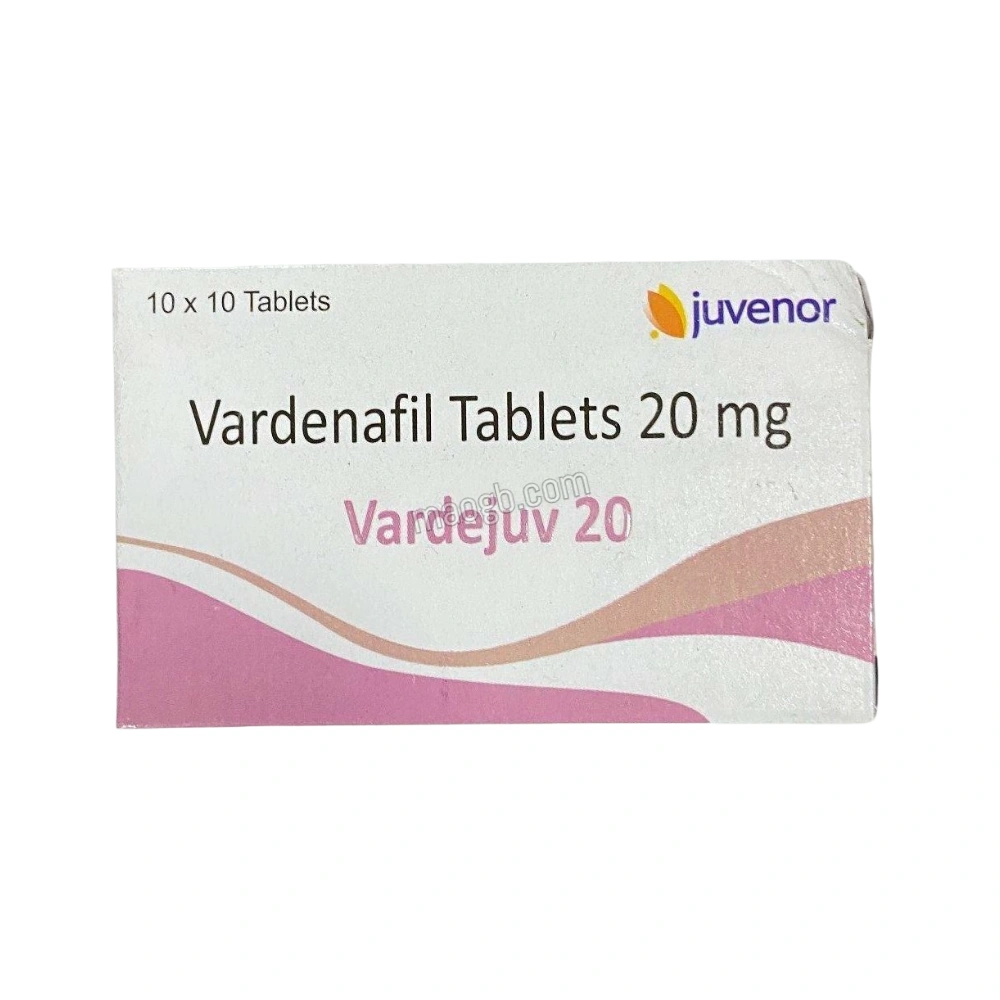
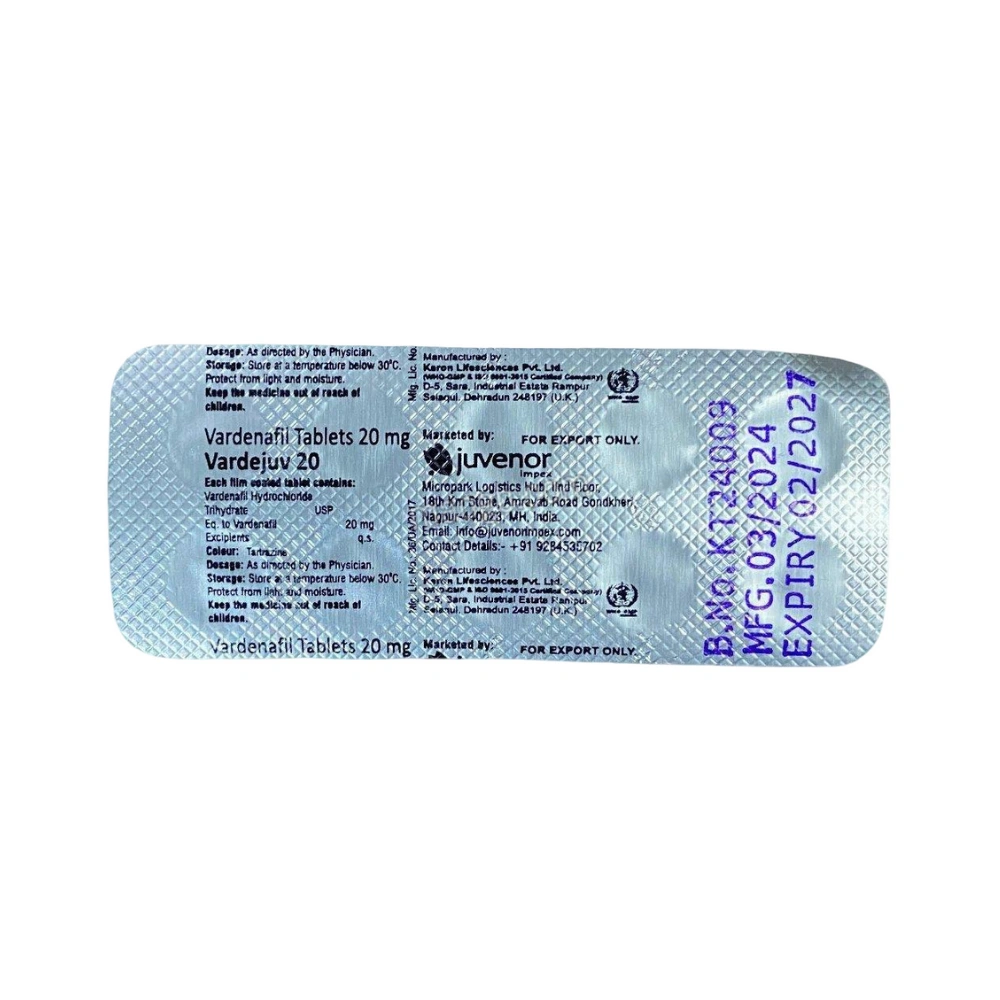
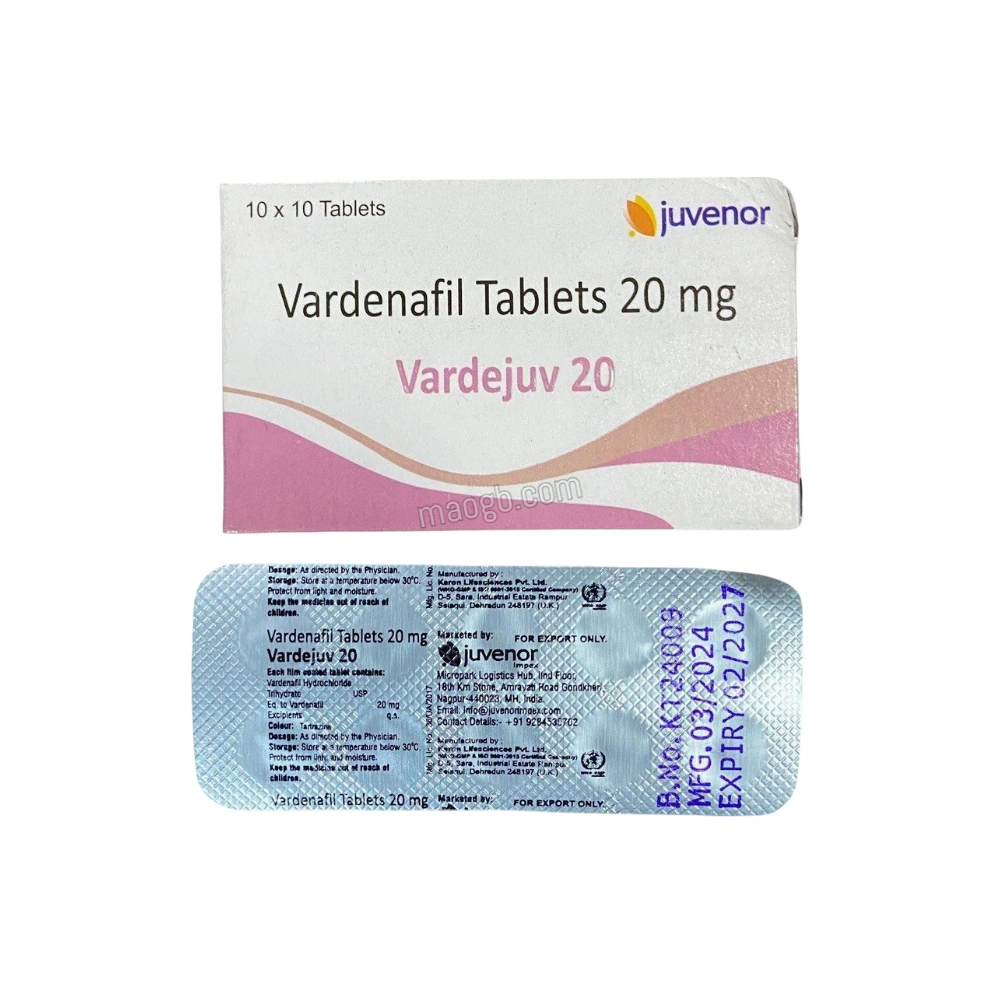
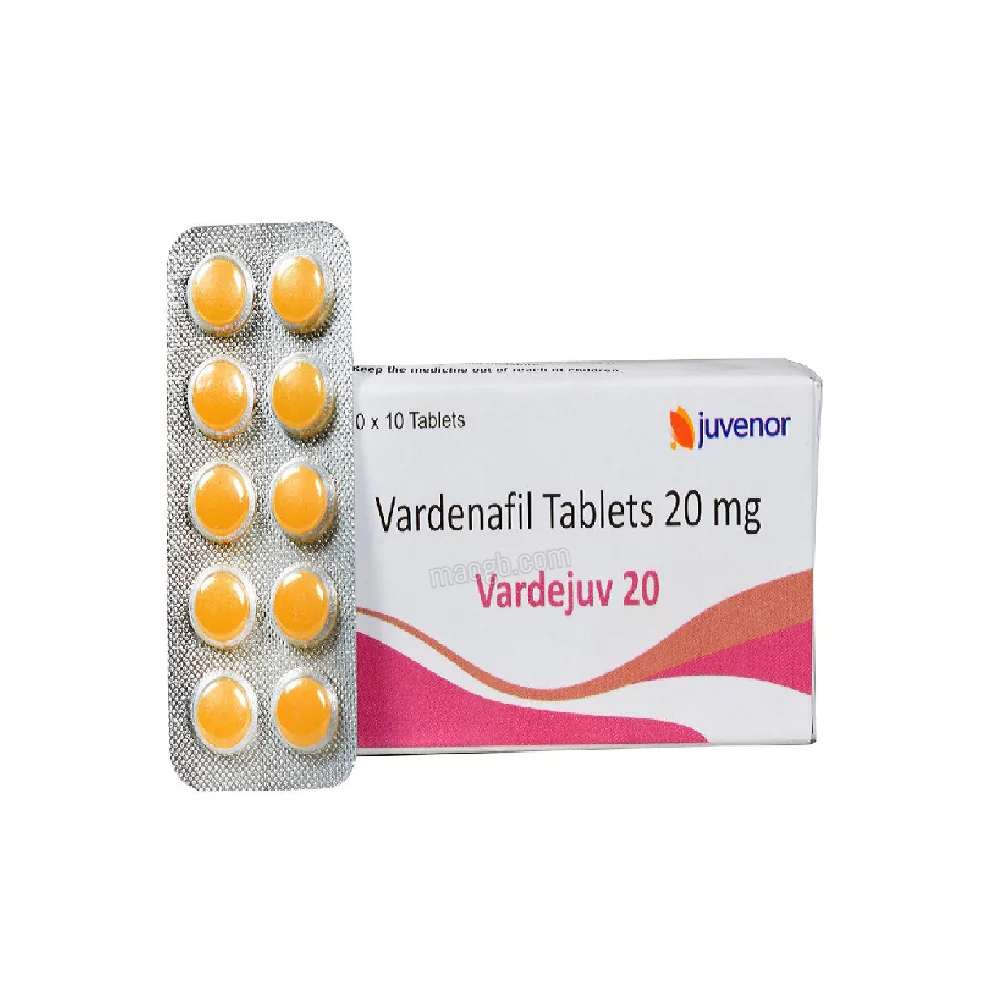
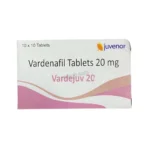
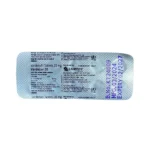
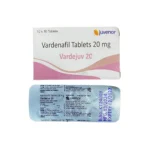
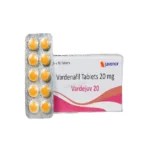
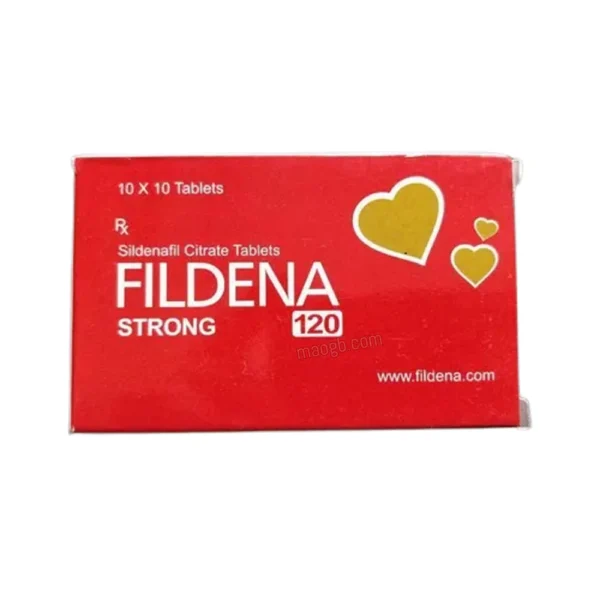


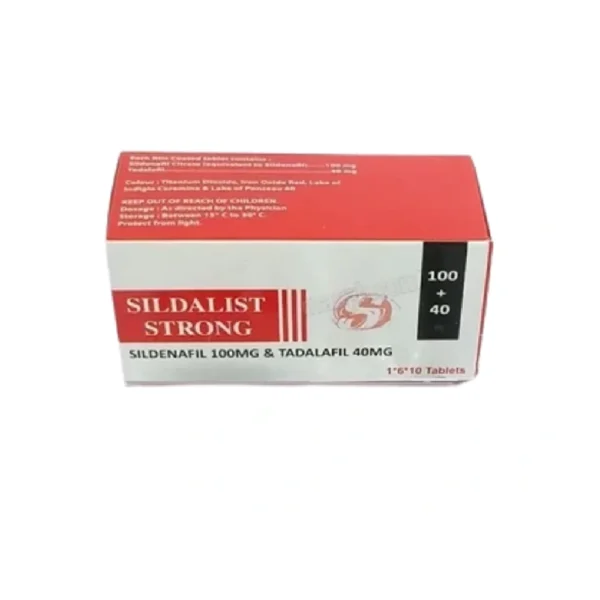

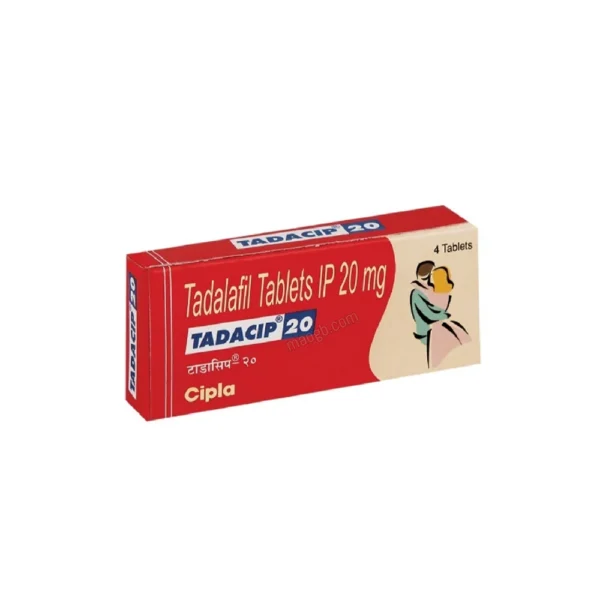
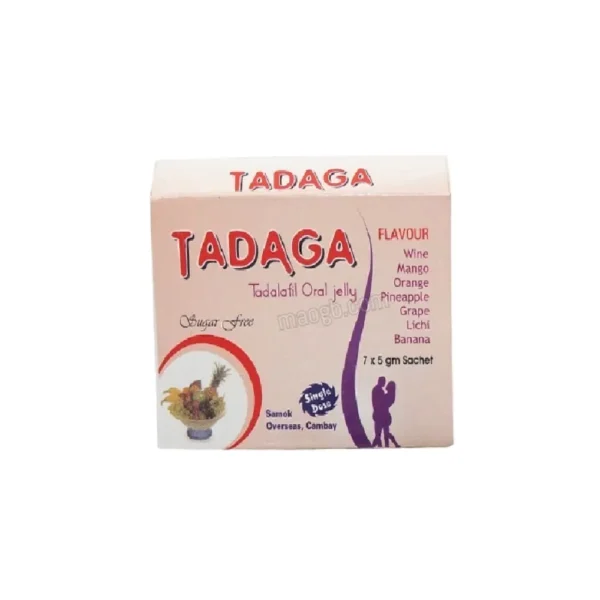
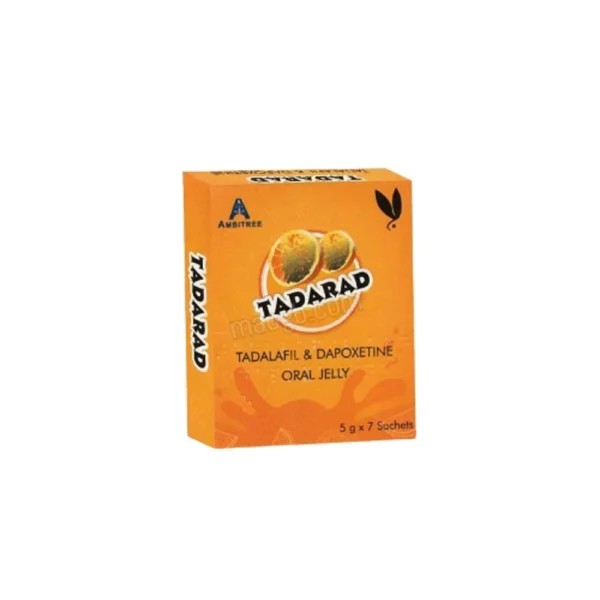
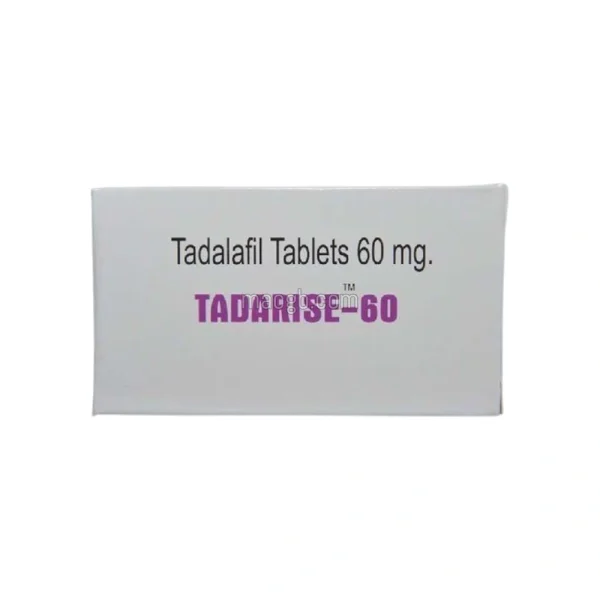
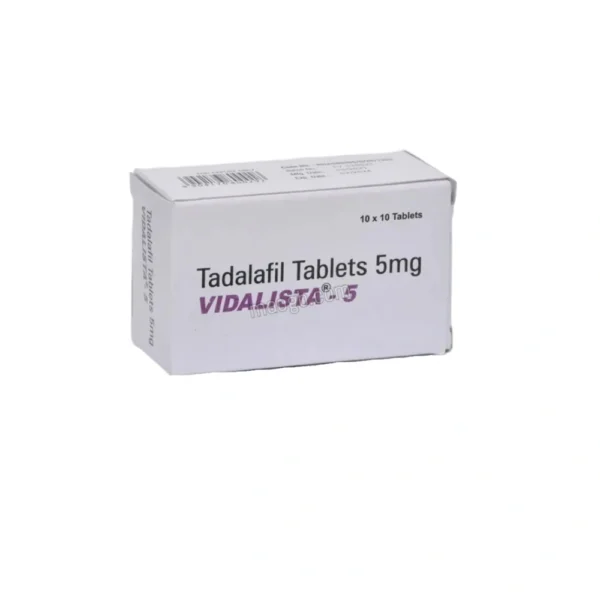
Reviews
There are no reviews yet.